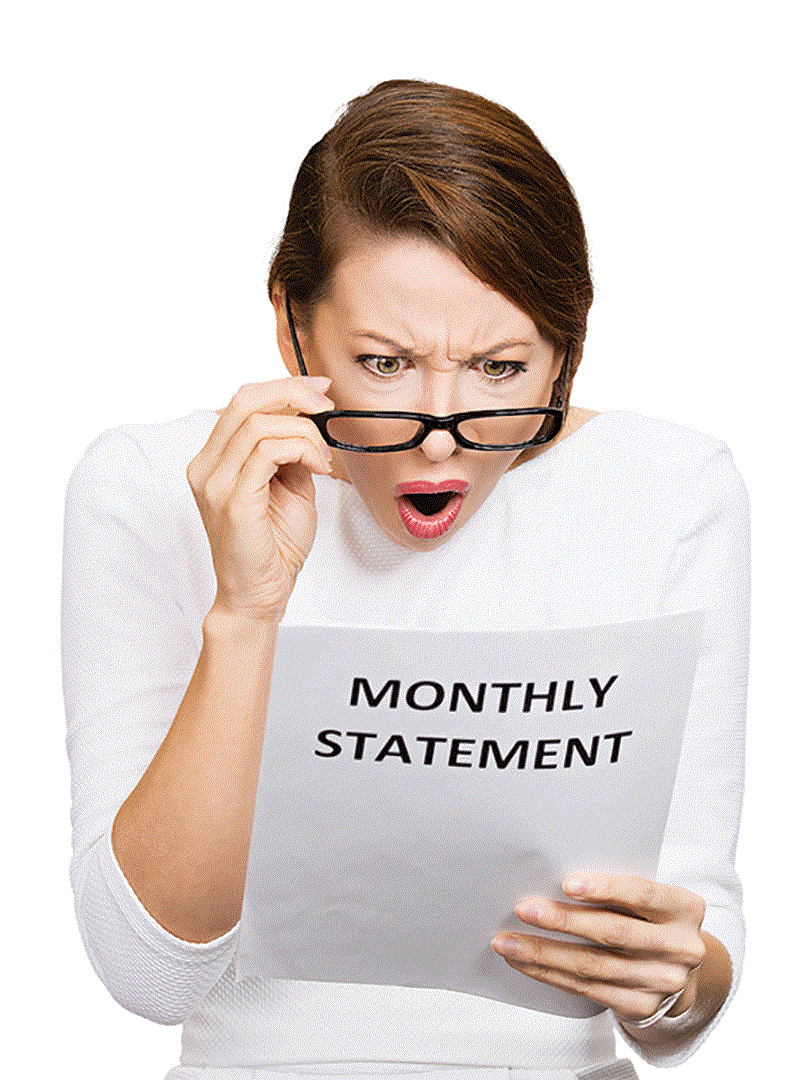(NC) When you get mail or other communications from your credit card issuer, do you read it and understand it? Do you file it and forget it? Or do you just throw it away?
Federally regulated credit card issuers must provide certain key information to help you make informed choices when accepting and using their cards. Make sure to use that information to avoid surprises when you open your monthly statement.
“Canadians continue to enjoy using their credit cards, but many struggle to make their monthly payments,” says Lucie Tedesco, commissioner of the Financial Consumer Agency of Canada (FCAC). “It is vital that consumers understand the cost of this kind of credit, particularly if they're among the many who only make minimum monthly payments.”
Info you are entitled to:
When you apply for a credit card, the interest rate and fees must be clearly explained in the application. And when you get your credit card, you will also receive an agreement or contract with the terms and conditions of using the card.
If your credit card issuer changes any features or any of the terms or conditions, they have to give you the details of these changes in writing at least 30 days before the changes go into effect. However, some changes that are beneficial to you, such as an interest rate reduction, can be disclosed after the fact.
Also, your credit card issuer is only allowed to raise your limit or send you credit card cheques or “convenience cheques” if you have agreed.
What to watch for:
Finally, your monthly statement – which you will receive in the mail or electronically –must display:
• Your outstanding balance;
• An estimate of the length of time it would take to pay off the balance in full if you paid only the minimum amount required each month;
• A description of each transaction made during the period covered by the statement, and the amount charged, including interest;
• The date each transaction was posted to your account;
• The amount credited or charged during that month for purchases made, cash advances received, payments made and interest charged.
Review the statement
It's a good idea to review your monthly statement regularly to make sure there are no mistakes. And if you are budgeting, reading your statements regularly is a good way to stay up to date on all your expenditures.




